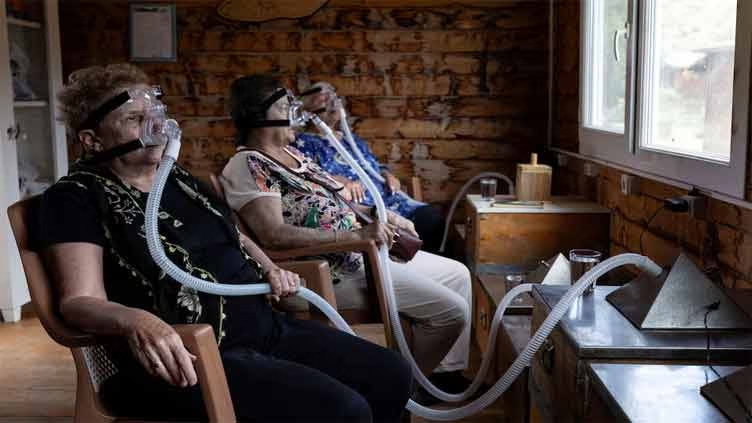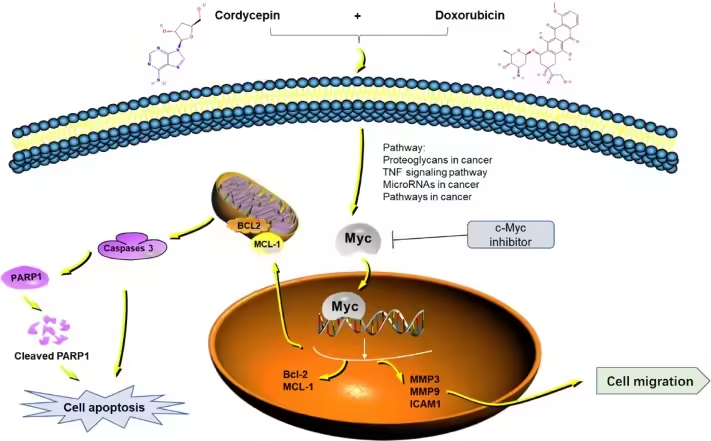Tucked away in a tranquil valley near the shimmering shores of the Aegean Sea, a unique healing method is quietly thriving—powered not by pills, but by bees. In Karaburun, a picturesque town in Turkey’s Izmir province, seasoned beekeeper Huseyin Ceylan offers a centuries-old form of natural healing called apitherapy, which involves inhaling air from active beehives.
While it may sound unconventional, this practice—rooted in traditional medicine—has drawn visitors from across Turkey and beyond. Guests seeking relief from ailments ranging from allergies to chronic migraines flock to Ceylan’s bee farm every spring and summer, hoping to supplement their conventional treatments with this aromatic, hive-based therapy.
Breathing Through the Hive
Ceylan, who hails from a long line of beekeepers and has a background in agriculture, began his journey with bees over 30 years ago. For the past 15 years, he has focused on integrating beehive air therapy into broader medical discussions. Although not officially recognized by Turkey’s healthcare authorities, the method has gained popularity—not only in Turkey but also in countries like Germany, Russia, and Austria, where similar practices are offered.
I’m not against Western medicine, Ceylan emphasized. It plays an important role. But our method complements it. We’re simply enhancing natural immunity using what nature has already provided.
The therapy sessions take place in specially built wooden cabins surrounded by greenery. Inside, ventilators connected to live beehives blow hive air directly to seated guests through face masks. The experience isn’t just therapeutic; it’s sensory. Each hive emits a distinct aroma—thanks to differences in honey, pollen, and wax composition—so guests rotate between hives every 15 minutes in a 45-minute session.
A Retreat for the Body and Mind
One of the many guests who swear by the benefits of beehive air therapy is Ulku Ozman, 69, who turned to the practice after multiple surgeries and prolonged medication use left her immune system compromised. At a friend’s suggestion, she booked a nearly week-long stay at Ceylan’s retreat.
For 5,000 Turkish lira per day (around $128), guests receive not just the therapy but also full accommodation and meals. Most visitors stay in rustic but comfortable cabins nestled among the trees, enjoying fresh air and a slow pace of life.
“The whole atmosphere here feels healing,” Ozman said, describing how she felt a noticeable improvement in her breathing and energy levels after just a few sessions.
Echoes of Childhood
For many, the experience is more than physical—it’s deeply emotional. Senay Ilham, 68, a breast cancer survivor currently in remission, recounted how the beehive air evoked powerful childhood memories.
This smell is familia, she said with a soft smile as she sat across from the hives, mask in place. “It takes me back to when we used to play outside as children near the beekeepers. The scent of bees, honey, wax—it’s all part of my memory. It brings me peace, both in body and spirit.
Ilham, like many others, isn’t replacing her conventional treatment with apitherapy—but rather supplementing it. She says the experience not only helps her manage residual symptoms but also gives her a psychological boost that traditional medicine sometimes can’t.
Apitherapy on the Rise
Ceylan continues to campaign for wider acceptance of apitherapy within formal medical circles. He has conducted his own research and submitted data to health officials, pushing for the practice to be studied and potentially regulated.
Though still on the fringe of mainstream medicine, apitherapy’s growing popularity reflects a broader global shift towards holistic and complementary healing methods. As people increasingly seek natural alternatives to synthetic treatments, practices like hive air inhalation are gaining traction.
I believe in the healing power of bees,Ceylan said. They’ve been part of human life for thousands of years—not just for honey, but for wellness. It’s time we listened to what nature is whispering.



